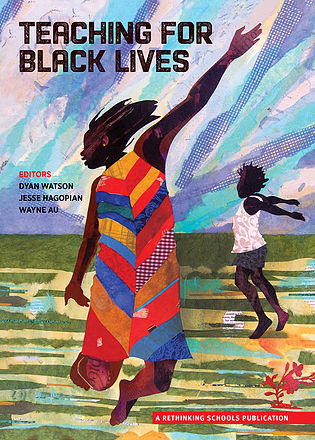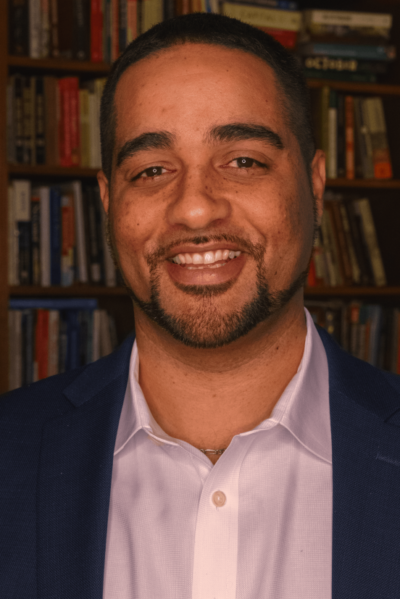Black Lives Matter in Our Schools: Developing an Anti-Racist Pedagogy

Empowering Black students to become change makers is a key goal of the book, Teaching for Black Lives. Editors Dyan Watson, Jesse Hagopian and Wayne Au have assembled a cogent group of essays that offer the opportunity for developing an anti-racist pedagogy.
Truthout interviewed one of the editors, Jesse Hagopian, who is also a Truthout contributing writer.
Mark Karlin: You note in your introduction that “We must teach for black lives in our classrooms.” How did you and your fellow editors come up with the idea for a textbook that can also be used as a reader by adults?

Jesse Hagopian: As I answer these questions, white supremacists and neo-Nazis are readying plans to march on Washington, DC. Hate crimes are on the rise around the country. Police violence against Black people continues unabated and the school-to-prison pipeline is helping to fuel the nation’s system of mass incarceration. And yet, there are also a growing number of educators who are organizing and fighting back against anti-Black racism.
In this way, I think the Black Lives Matter (BLM) at School movementand the broader movement for Black lives inspired the idea for Teaching for Black Lives as a book that could be used by educators, students, activists and community organizers. The BLM at School movement went national during the 2017-2018 school year and educators in over 20 cities participated in a week of action from February 5 to 9, to affirm the lives of Black students and challenge institutional racism. The BLM at School movement developed three demands: (1) End “zero tolerance” discipline and implement restorative justice; (2) Hire more Black teachers; (3) Mandate Black history and ethnic studies in K-12 curriculum. In addition, educators taught lessons throughout the week that corresponded to the 13 guiding principles of #BlackLivesMatter Global Network including restorative justice, empathy and loving engagement, diversity and globalism, trans-affirming, queer-affirming, collective value, intergenerational, Black families and Black villages, Black women and unapologetically Black.
Seeing this movement spread from Seattle to Philadelphia during the 2016-2017 school year, and then explode nationally the following year, made the editors at Rethinking Schools want to find ways to contribute and arm teachers with lesson plans that can help them empower students to become change makers. I was truly blessed to be able to work with co-editors Dyane Watson and Wayne Au on this project whose expertise in anti-racist pedagogy was invaluable.
How did you decide on the five sections of the book?
The five sections of the book are:
- Making Black Lives Matter in our Schools;
- Enslavement, Civil Rights and Black Liberation;
- Gentrification, Displacement and Anti-Blackness;
- Discipline, the Schools-to-Prison Pipeline and Mass Incarceration; and
- Teaching Blackness, Loving Blackness and Exploring Identity.
Each section represents a major aspect of the Black experience that we believed is not often taught–or not taught well—yet is critical for empowering Black students to understand their own identities and challenge the institutional racism they face. As we write in the introduction to the book,
“We recognize that anti-Black racism constructs Black people, and Blackness generally, as not counting as human life. The chapters here in Teaching for Black Lives push back directly against this construction by not only providing educators with critical perspectives on the role of schools in perpetuating anti-Blackness, but also by offering educators concrete examples of what it looks like to humanize Black people in Continue reading: Black Lives Matter in Our Schools: Developing an Anti-Racist Pedagogy – I AM AN EDUCATOR




